Workshop Title:
Blockchain and Fintech
Date:
June 2nd, 2024 (GMT+8)
Organizer:
Beijing Computer Federation Blockchain and Digital Finance Specialized Committee
Keywords:
- Blockchain
- Financial Technology
- Decentralized Exchange
- Privatekey Storage Techniques
- Quantitative Trading
Workshop Chair:
Personal Bio:
Professor Wang Juan fulfills multiple roles in the Chinese digital tech-sector, including a reviewer of the Digital China and Web3.0 Innovation Competition, advisor to the Xiamen Free Trade Zone Digital Centre and Spark Chain Network, as well as an expert reviewer of blockchain projects for the Ministry of Industry, Information Technology, Civil Affairs, and the China Communications Standardization Association.
As the sole Chinese expert on the OECD Blockchain Policy Committee, Professor Wang is actively involved in critical projects. These notably include the OECD digital economic indicators and the ITU-T financial payment research. She also contributed substantially to the formulation of policy documents such as the "Implementation Plan for the National Digital Economy Innovation and Development Experimental Zone".
Apart from policy formulation, Professor Wang's academic contributions are remarkable, authoring a multitude of translated works. She has published more than 50 academic papers and is a regular invitee by leading media platforms for exclusive interpretations on policies related to digital economy and data transactions, among others. As a project leader, she has presided over nearly 30 high-profile projects in the fields of digital economy, fintech, blockchain, digital currency, data element market and cloud-based intelligence, earning her two national invention patents and a third prize of the Science and Technology Progress Award of the China Communications Society.
Workshop Committee Members:
Lecturer Xiaolong Li, Beijing University of Posts and Telecommunications xiaolongli@bupt.edu.cn
Dr. Qihang Hu, Beijing University of Posts and Telecommunications huqihang@bupt.cn
Senior Engineer Qixiang Cheng, Microsoft gerhut@gmail.com
Master Zhouming Zhang, Beijing University of Posts and Telecommunications zhangzhouming@bupt.edu.cn
Master Sijie Meng, Beijing University of Posts and Telecommunications xiaolinlvzi@bupt.edu.cn
Workshop Description:
Background:
The Beijing Computer Federation presents the Blockchain and Fintech Workshop, an interdisciplinary gathering with a primary focus on Blockchain, Financial Technology, Decentralized Exchanges, Privatekey Storage Techniques, and Quantitative Trading. This forum is designed to encapsulate critical exchanges around technology and innovation by hosting contributory papers discussions, keynote addresses, and engaging panel dialogues. It invites participation from scholars across fields including doctoral scholars, as well as practitioners enthusiastic about digging deeper into these domains.
Goal/Rationale:
In an era defined by technological advancement, the Beijing Computer Federation proudly announces the Blockchain and Fintech Symposium. This event serves as a platform for scholars and enthusiasts to delve deep into the intricacies of blockchain, financial technology, decentralized exchange, privatekey storage techniques, and quantitative trading. Our goal is to provide an engaging setting for young researchers and PhD candidates to collaborate, discuss, and learn about recent forays and developments in these fields. By promoting active dialogue and fostering innovation, we aspire to unlock and utilize the transformative potential that blockchain and fintech present. This Symposium offers an excellent opportunity to tackle challenges head-on and propel advancements in these fascinating areas of technology. Together, we aim to redefine digital horizons and contribute significantly to the evolving economic landscape.
Scope and Information for Participants:
The Beijing Computer Federation invites you to contribute to our conference themed, "Blockchain and Fintech". We encourage discussions around:
- Integration of Blockchain Technology with Traditional Financial Services.
- Innovations in Decentralized Exchanges and their role in Financial Platforms.
- Importance and Applications of Privatekey Storage Techniques in Fintech.
- Current Trends and Future Prospects of Quantitative Trading in the Fintech Industry.
Through this conference, we aim to explore the harmonious merger of Blockchain in the existing financial ecosystem. We are looking forward to your thought-provoking inputs on how these technologies coexist and enhance each other to sculpt the future of the Fintech industry. This is a brilliant opportunity to share knowledge, ideas, and predictions, and to broaden our collective understanding.
Highlight:
On June 2, 2024, The workshop“Blockchain and Fintech”, organized by the Beijing Computer Federation's Blockchain and Digital Finance Specialized Committee, was successfully held in Haidian District, Beijing. The workshop brought together scholars, doctoral students, and industry practitioners to discuss the latest research and innovations in blockchain, financial technology, decentralized exchanges, privatekey storage techniques, and quantitative trading. Professor Wang Juan, Chair of the Beijing Computer Federation's Blockchain and Digital Finance Specialized Committee, emphasized the importance of blockchain as a fundamental infrastructure for digital finance and the committee's commitment to fostering academic and industry collaborations to drive innovation and application in this field. Key presentations included Cheng Qixiang's discussion on the integration of the Rust programming language with the Ethereum ecosystem and Skysys.eth's exploration of native AI models in digital financial public goods. Mikkk provided insights on new opportunities within EVM-based public chains and highlighted the advantages of the Artela ecosystem. Participants engaged in lively discussions, exchanging constructive ideas and suggestions that could further the development of blockchain and digital finance.
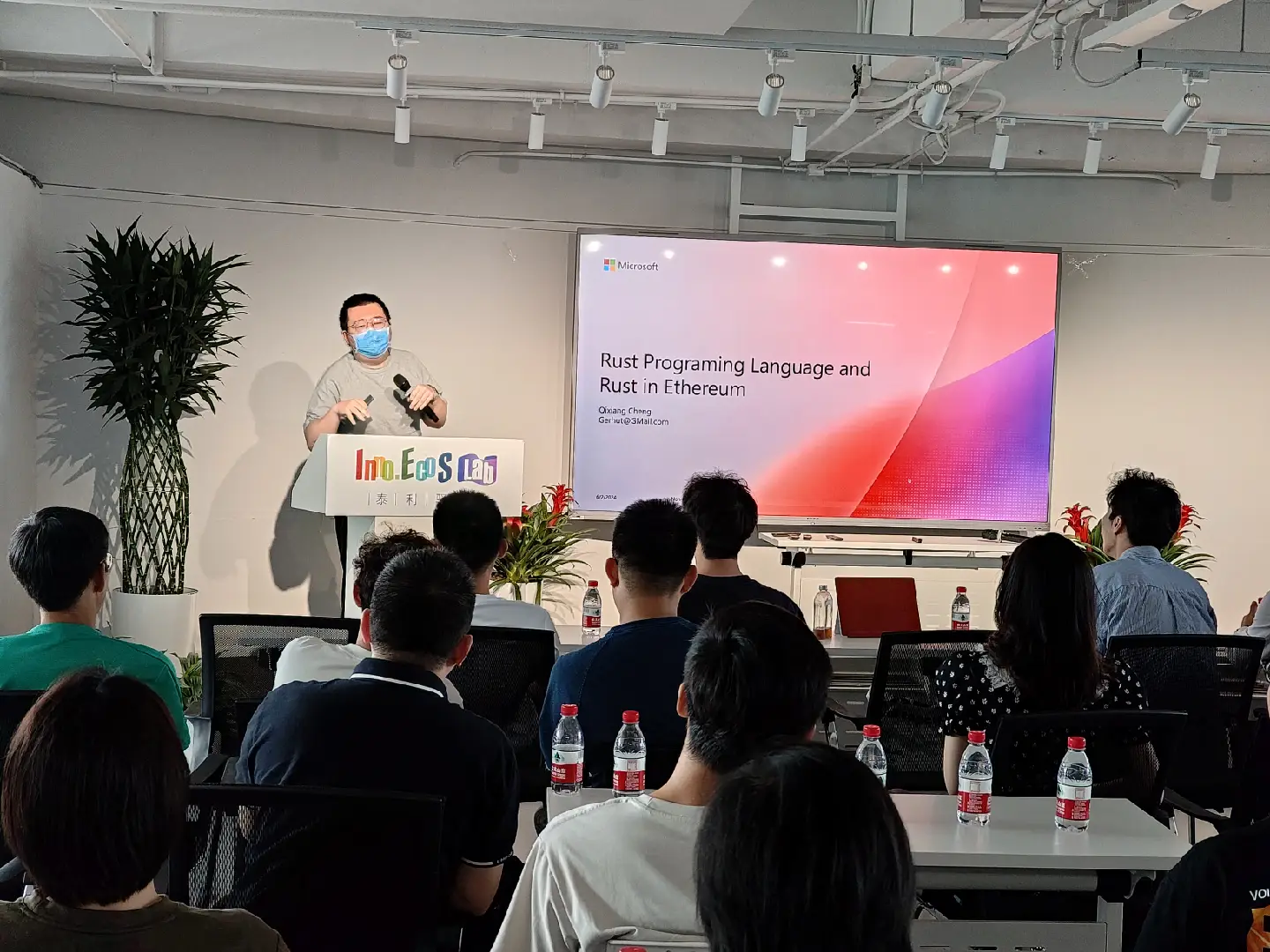
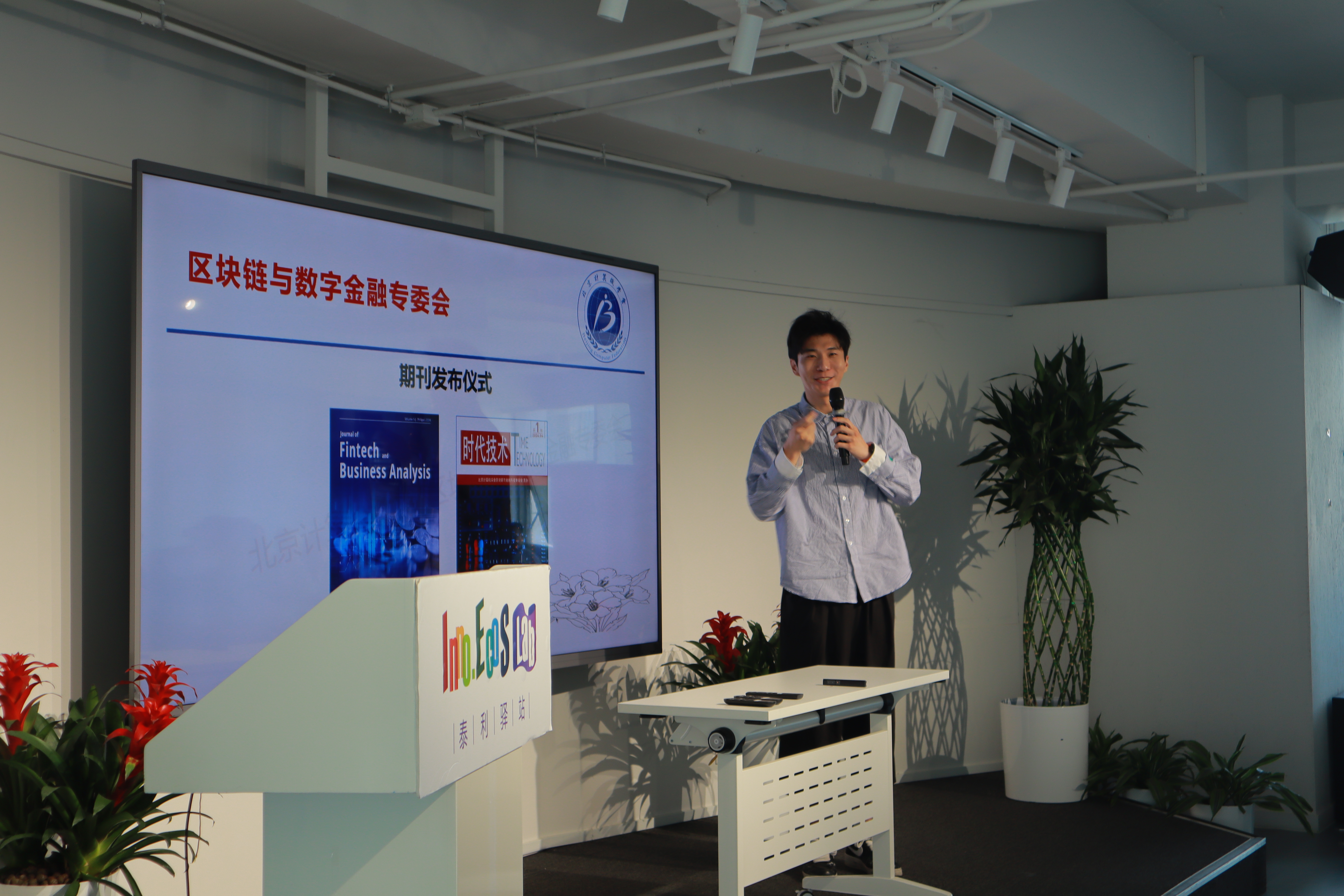
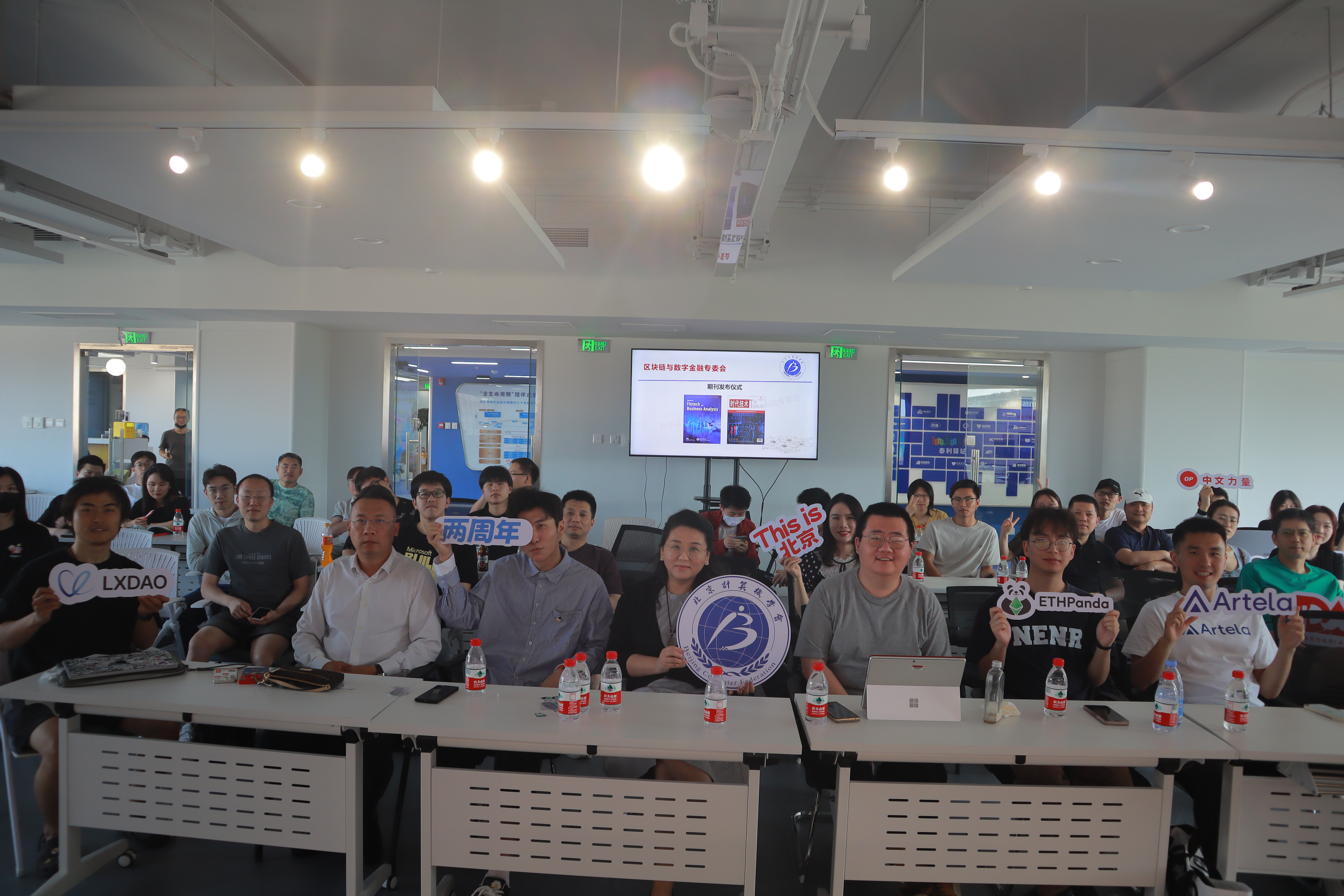
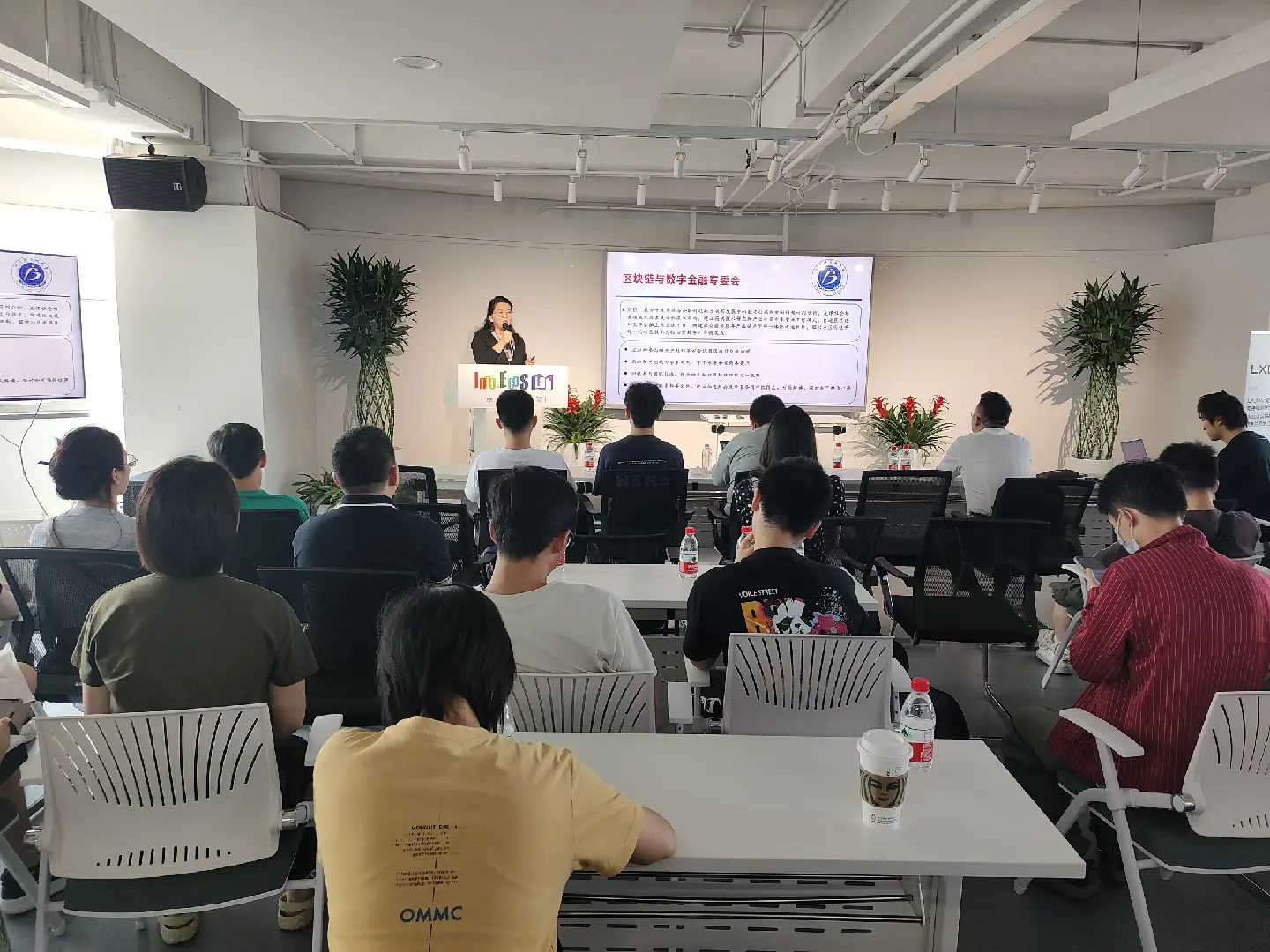

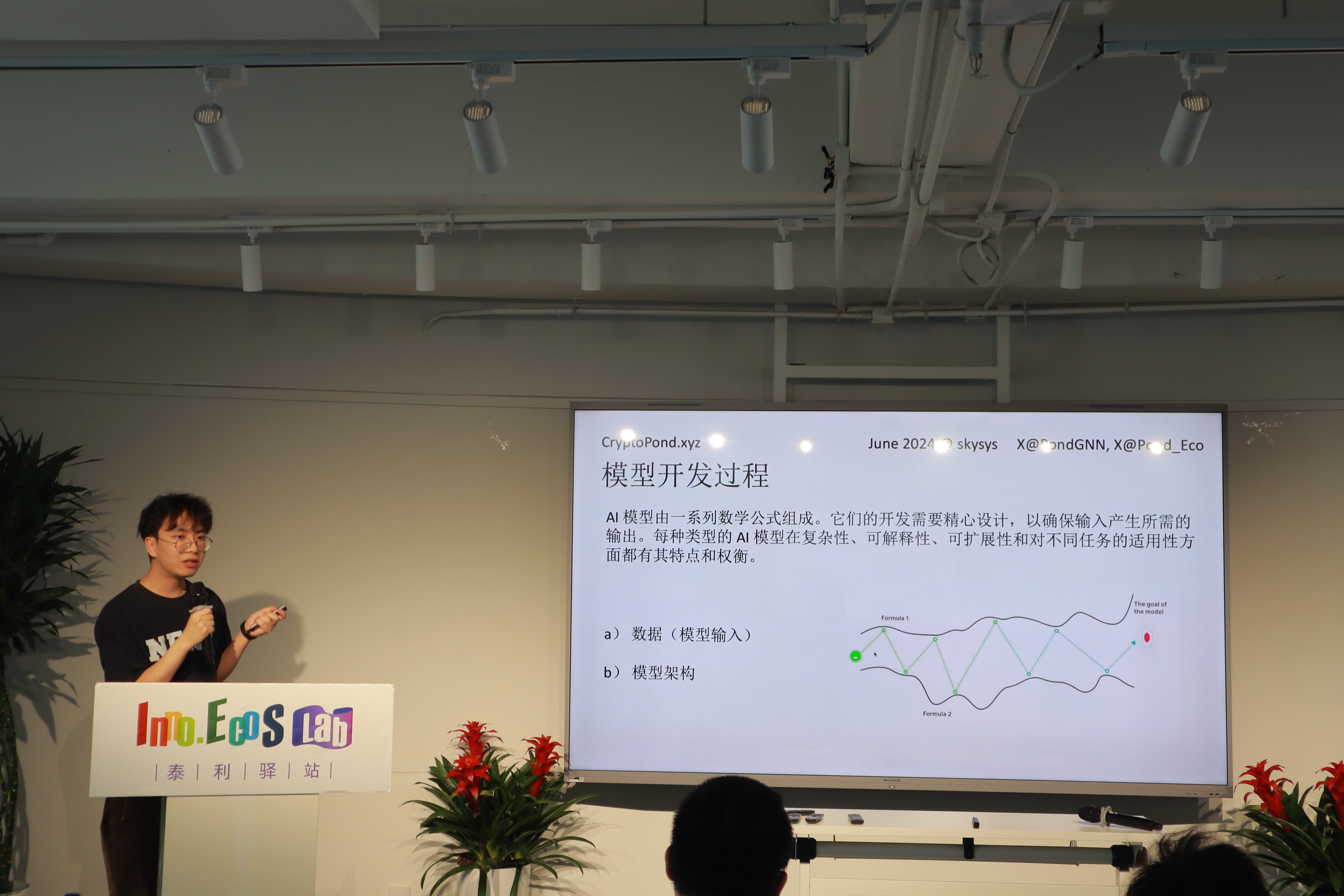
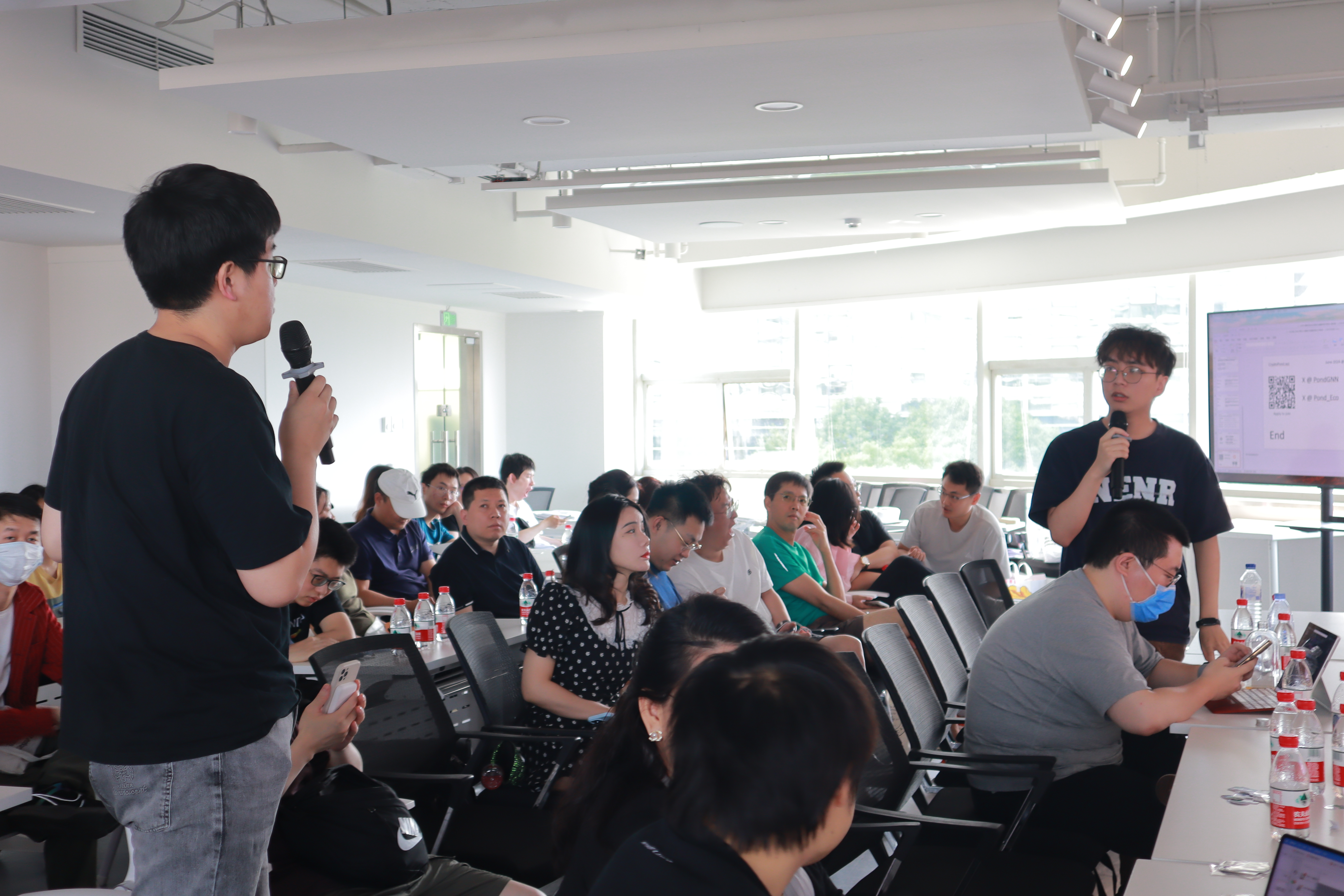
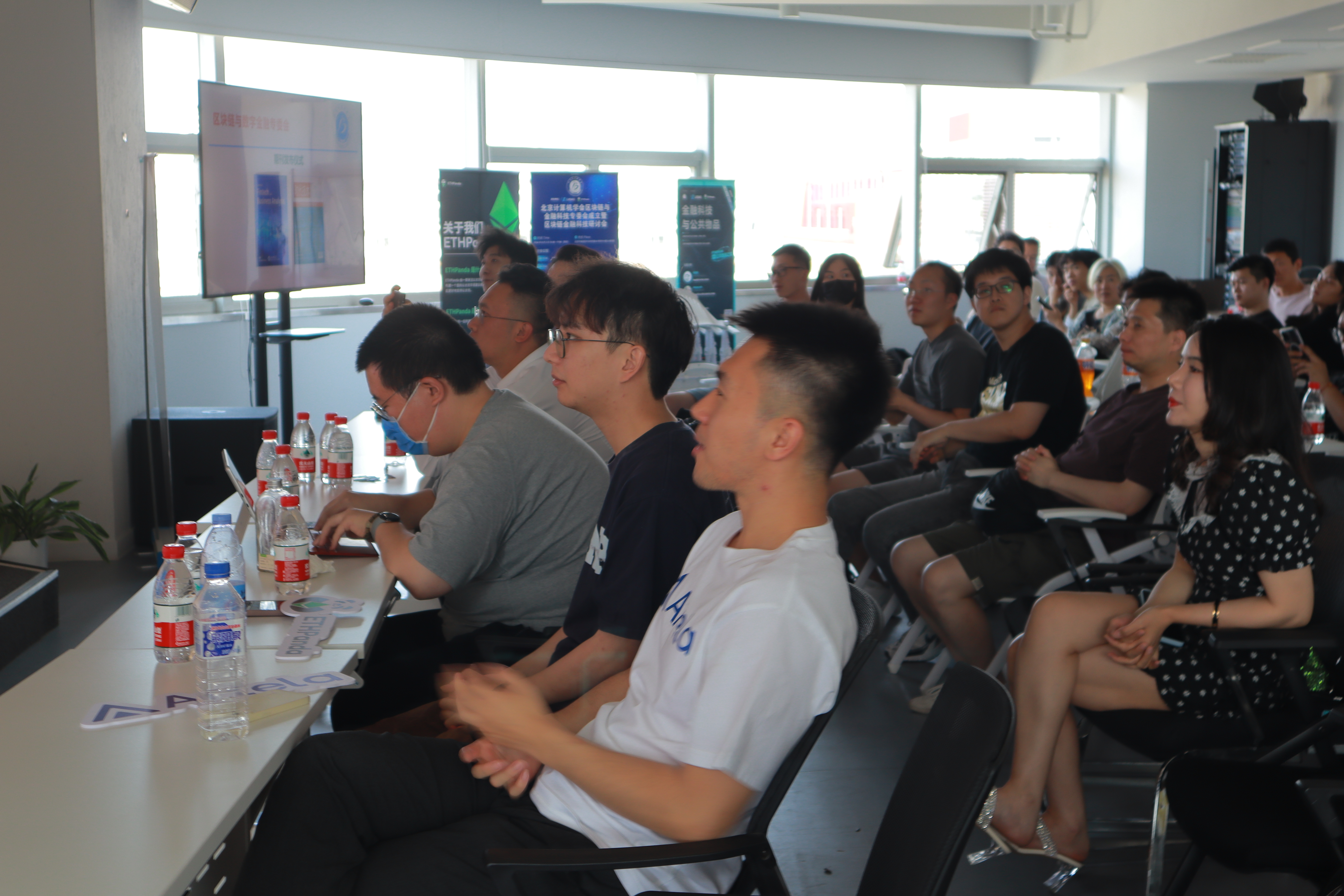
Venue:
Room 401, 4th Floor, Building A, Dongsheng Mansion, No. 8 Zhongguancun East Road, Haidian District, Beijing City.

VISA:
China Online Visa | Electronic Visas to travel to China
In order to ensure the information is correct and up to date, there may be changes which we are not aware of. And different countries have different rules for the visa application. It is always a good idea to check the latest regulations in your country. You should confirm details with your local Consular Office. This page just gives some general information of the visa application.
China Visa Information
Check whether you need a visa
To contribute to the tourism industry, some ports of entry in China allow nationals of some countries to visit specific regions within 72 or 144 hours if they are in transit to a third country. Nationals of 17 countries can travel visa free to Mainland China for short terms stays between 15, 30, 60 and 90s days. The countries listed below have a mutual visa-free agreement with China, with the exception of Brunei, Japan and Singapore to which China offers unilateral waivers. (https://www.chinaonlinevisas.com)
Check which visa you need to get
The majority of foreign citizens are required to obtain one of the China visas in order to visit the country, as there are only a few nationalities who are granted visa free entry for China for short stays. At the moment, travelers from countries who are not visa-exempt for China are obliged to apply for a visa in person from a Chinese embassy or consulate, with only a few exceptions, including for tour groups and airline crew from a few select countries. This is expected to change in the near future for select eligible nationalities when China introduces an electronic application form for visas. This will make it possible to apply for certain visa types for China exclusively online, eliminating the need to travel to an embassy or consulate in person.
As the launch date for the Chinese electronic is yet to be finalized, however, non visa-exempt citizens are still currently required to apply for one of the following visa types for China from an embassy or consulate.
(https://www.chinaonlinevisas.com/visa-types/)
China Visa Registration Process
Foreign nationals who wish to travel to China will need to follow a registration process to obtain their visa. The China Visa application form should be signed and every question must be answered. Applicants may select "none" if the question does not apply to their individual circumstances. Applications for the Chinese visa must be completed in block capital letters and handwritten changes will not be accepted. The signature on the China visa application must match the signature on the applicant's passport. People's Republic of China diplomatic missions require that each visa application is completed following strict guidelines. Supporting documents must be accurately and carefully prepared.
How Long Does It Take to Get a Visa to China
Generally speaking, if the applicant meets all the requirements, has all the necessary documents and holds a passport with at least six months validity and two blank pages it should take about four working days to get a Chinese visa. Some People's Republic of China Diplomatic Missions offer rush service, which speed up the processing time of a visa for China. Nonetheless, it is only available for cases of extreme urgency and depend on the approval of the Chinese Consular Office. Foreign nationals who wish to travel to Mainland China, whether it is for tourism, business, transit or other, are recommended to apply between two months to fifteen days before their departure. If the traveler applies with too much time in advance, they visa might expire before they can use it. When a visa for China is granted, the validity period of such visa begins from the moment it was approved.
How Do You Get a Visa for China?
The People's Republic of China has several types of visas in place. The visa a traveler needs depends on their citizenship, purpose of trip and the length of their stay. Currently, there are only 17 countries that are exempt from applying for a China visa to travel to Mainland China. However, the country does waive visas if the traveler meets specific requirements and is traveling to certain regions.
To apply for a Chinese visa, the traveler will need to complete an application form, attach a recently-taken color photo, submit the application and pay the respective fee. Tourist that are from non-visa exempt countries should apply for the Tourist (L) visa, issued to aliens who are traveling to Mainland China for tourism purposes only. Those who wish to carry out business in China will need to obtain the Business (M) China visa.
To successfully apply for a visa to China, the applicant will need to provide supporting documents and a valid passport. If applying for a Tourist (L) visa to China, the supporting documents refer to round-trip tickets, accommodation bookings, or an invitation letter from a travel agency in China. It is important to note that the China visa application requirements will vary depending on the type of visa the traveler is applying for.





